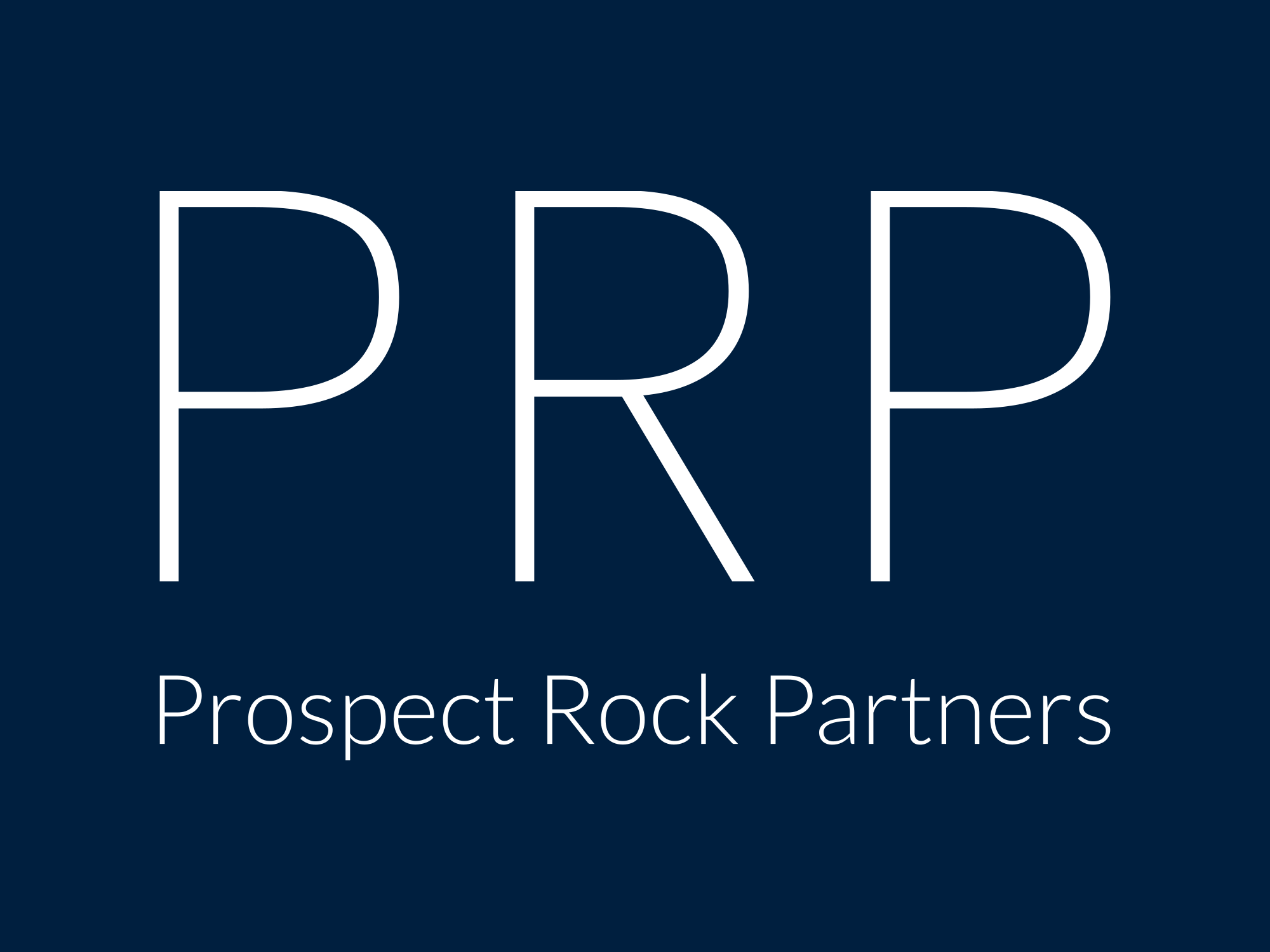No Feedback Loop
The job market post-pandemic has been tough, with many candidates experiencing “ghosting” during interview processes. As someone who’s worked in recruiting for years, I want to address something important: why you rarely get meaningful feedback after job interviews.
The Hard Truth About Interview Feedback
Let’s be honest, many candidates take rejection personally and see feedback as a chance to defend themselves or change the outcome. Recruiters, knowing this, often opt for generic phrases rather than risking a lengthy back-and-forth argument that won’t change the decision.
This reality contributes to the bland, unhelpful responses you receive: “We found candidates who more closely matched our requirements.” These statements are frustrating for everyone involved – both for you to receive and for recruiters to deliver.
Legal Constraints Are Real
Many Fortune 500 companies have strict guidelines about what recruiters can share with external candidates. These policies come directly from legal and compliance teams who’ve determined that the risk of providing specific feedback outweighs the benefits of a better candidate experience.
Your Response Matters More Than You Think
Depending on the recruiter’s relationship with their client and your relationship with the recruiter, you might occasionally receive genuinely constructive feedback. However, this valuable insight comes with an unspoken condition: how you handle rejection.
If you respond argumentatively or defensively to feedback, you’re not only potentially burning bridges with that recruiter for future opportunities, but you’re also revealing something about your character that might make recruiters uncomfortable. No recruiter enjoys delivering bad news, but getting screamed at or challenged makes an already difficult job nearly impossible.
The unfortunate result? Less professional recruiters or companies may simply choose to provide no feedback at all rather than risk an uncomfortable confrontation. This creates a vicious cycle where fewer candidates receive the honest insights that could help them improve.
Context Matters More Than You Think
Even if recruiters could give detailed feedback, remember they’re only assessing your fit for a specific role, at a specific company, at a specific time, compared against a specific set of competitors. Rejection at Company A doesn’t predict your success at Company B.
Many professionals on LinkedIn have shared stories of getting hired at their dream company only after multiple attempts. The competitive candidate pool changes each time, even when the interview process remains consistent.
Where to Get Feedback That Actually Matters
For truly actionable feedback, look to people who have observed your work extensively over time. Consider whether they demonstrate the leadership qualities you admire before internalizing their suggestions.
Don’t overlook feedback from peers and team members – valuable insights can come from anyone you work closely with, not just those above you in the hierarchy.
The Bottom Line
While it’s natural to want feedback after an interview, managing your expectations is crucial. For your sanity, assume you won’t get meaningful feedback, and be pleasantly surprised if you do.
Remember that whether you receive feedback or not doesn’t fundamentally change your path forward. The most productive approach is to continue refining your skills and pursuing opportunities that align with your strengths and goals.
What strategies have you found helpful when dealing with interview rejection? Share your thoughts in the comments below!




